Pacific Islanders hit hard by Coronavirus in California
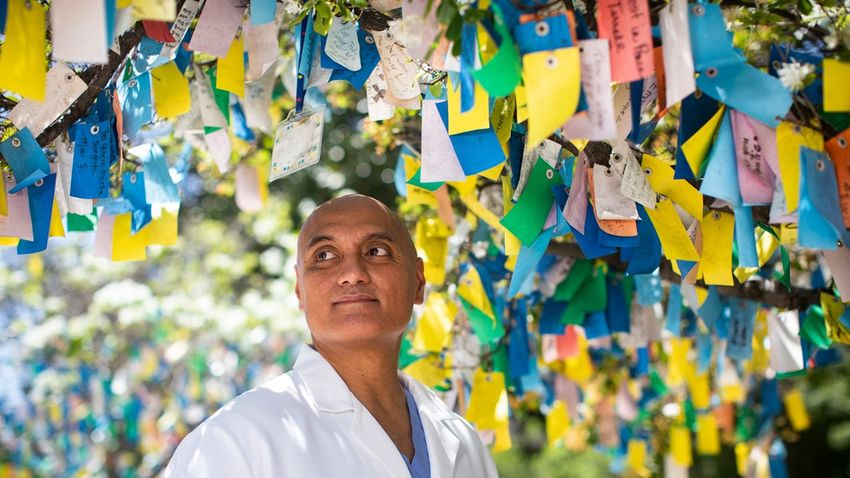
Pacific Islander communities in California have faced economic and health disparties that make them vulnerable to the coronavirus reports abc10 news. and LAist.com
For two weeks in March, Dr. Raynald Samoa fought to move air through his lungs. After recovering from COVID-19, the Los Angeles-based diabetes specialist posted videos on Facebook urging others to stay home. His posts resonated with California’s small but tight-knit Pacific Islander community as questions and stories flooded his inbox.
One family described the anguish and guilt of watching a loved one struggle out of bed to the ambulance — “the least Pacific thing that you can do,” Samoa said — because the first responders wouldn’t come inside. Another family revealed how three breadwinners were hospitalized with the disease, unable to care for their kids.
Statewide, Pacific Islanders are more than three times as likely as whites and Latinos to die from the disease and nearly twice as likely to die as African Americans.
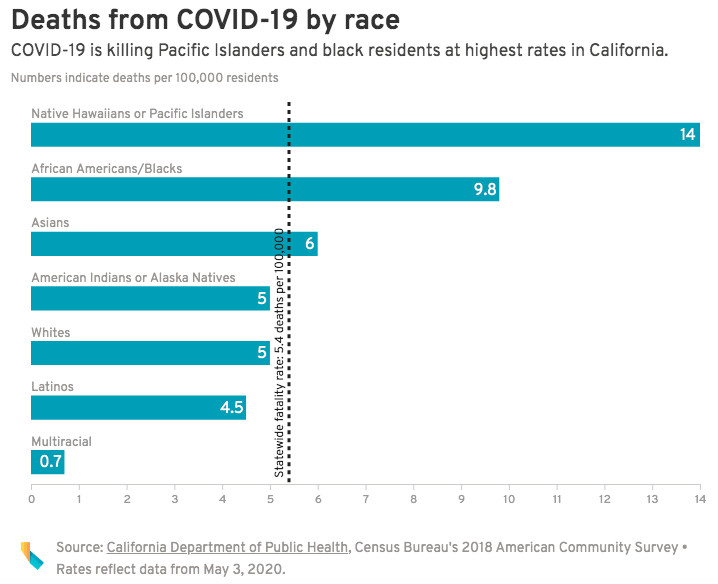
To Tana Lepule, that one San Diego death represented the loss of a family member. The long-time health advocate said that small numbers have always masked very real health issues among Pacific Islanders.
On one Sunday in April, the Reverend Ulysses Ve’e delivered a sermon in English and Samoan over the phone to about two dozen families spread across the Bay Area who belong to his parish of the Congregational Christian Church of American Samoa. With all lines muted, there was a feeling of mamalu, a Samoan word for solemnity.
The Reverend has urged families to listen to their doctors because they have been sent by God to keep their community safe.
“He’s our mouthpiece,” Co-founder of the Regional Pacific Islander Task Force Taunu’u Ve’e (who is the Rev Ulysses brother) said.
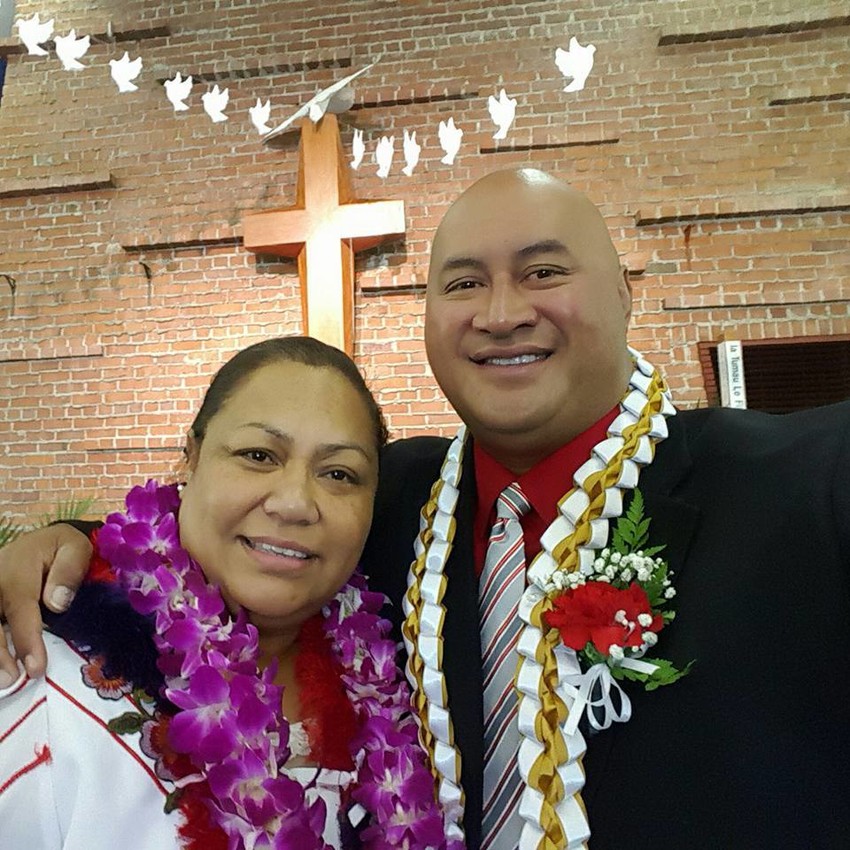
Over the past month, Pacific Islander health advocates have held frequent meetings with their counterparts across California and in other states facing similar disparities to coordinate a public health response.
Central to their efforts are churches.
One strategy, borrowed from several islands in the Pacific, is to use empty churches to temporarily house people who can’t safely isolate at home, said Dr. Samoa, who gained a Facebook following when he battled the virus. Another is to use churches as testing sites, and their congregations to track exposure.
Compton-based pastor Pausa Thompson who is the head pastor at Dominguez Samoan Congregational Christian Church has already offered his church hall in Compton for either purpose and is hoping more faith leaders in the community will follow suit.
"If you're looking for somewhere that's trusted in the community for something like that to happen, it would be the churches," Thompson said.
In the pandemic, Thompson has also found himself counseling those sick with the coronavirus and their families by using FaceTime. And he's been thinking a lot about how he can help prevent the chronic conditions that may make his community easier prey for the virus. He wants to speak out on unhealthy eating habits and irregular checkups.
"How do I keep my community healthy?" Thompson said. "This adds on a weight of responsibility as a leader in the community to do much more of that."
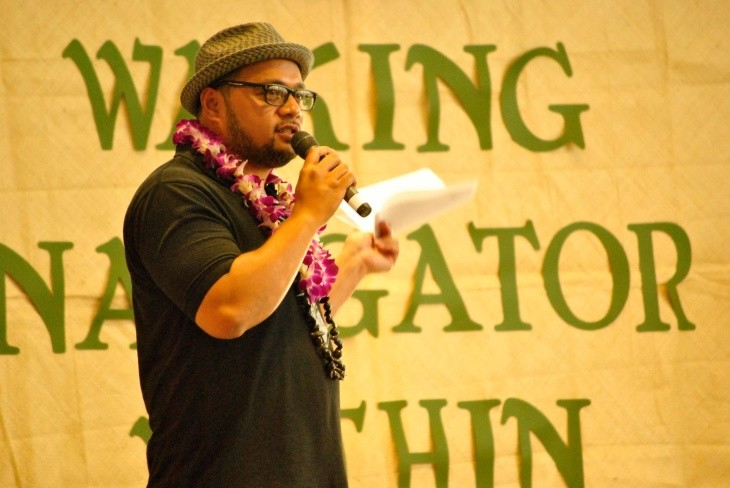
However, some Pacific Islander churches continue to meet in person, and advocates had heard of people gathering for birthdays and funerals. Samoa said he is enlisting faith-based leaders to practice social distancing.
“There hasn’t been targeted messaging to our community about the higher vulnerability that we have,” Tulua said. “That needs to happen.”
A native Tongan speaker, Tulua is coordinating the translation of basic information about coronavirus symptoms, risks and prevention for monolingual speakers of Samoan, Tongan and Fijian, Chamorro, Marshallese, Palauan, Yapese and Chuukese.
Tulua’s most urgent message, however, is for young Pacific Islanders to be careful for the sake of their elders.
“It’s not just their lives that we’re losing, it’s everything else that they hold as elders, the knowledge,” Tulua said. “Our main connection back to our homeland.”
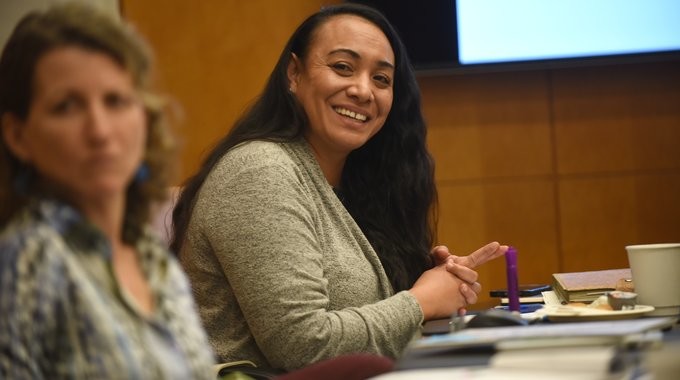
Cover photo Credit: Photo by Nancy Pastor for CalMatters of Dr. Ray Samoa at the City of Hope Comprehensive Cancer Center in Duarte on April 25, 2020. Samoa stands amongst Wishing Trees, a place where City of Hope employees and visitors offer messages of health and hope to patients and their families.
